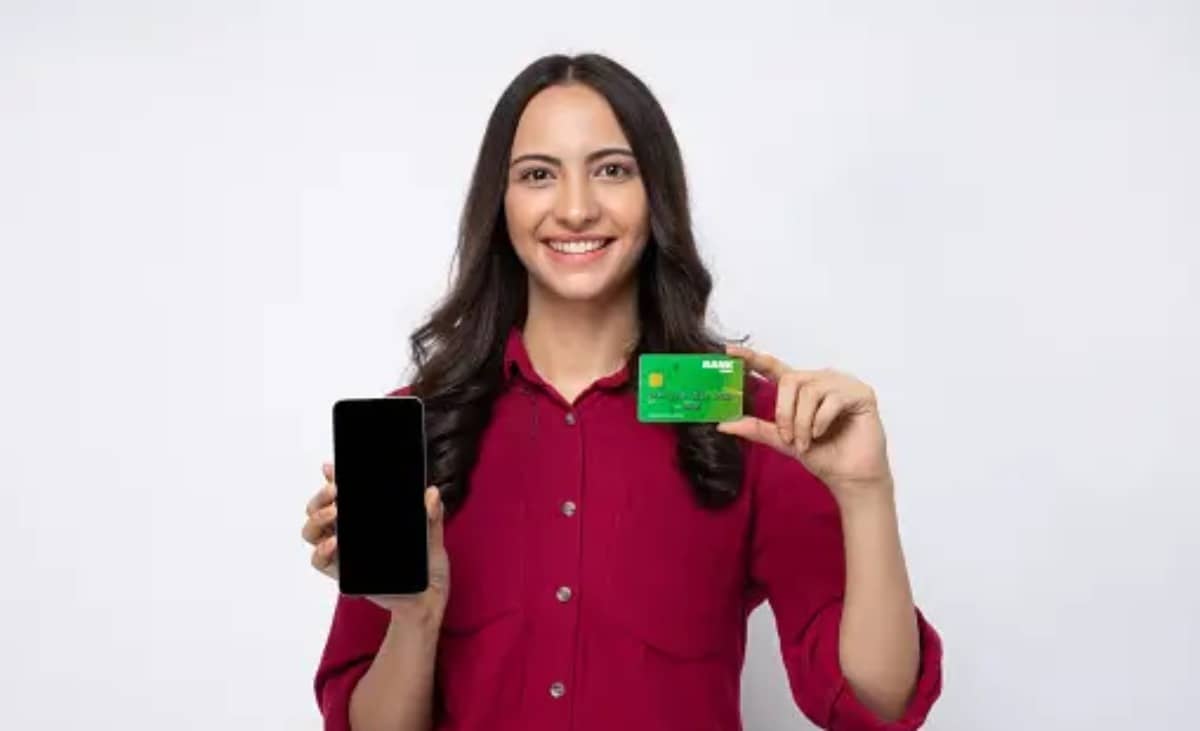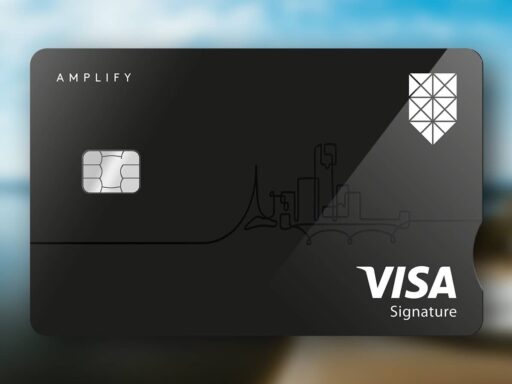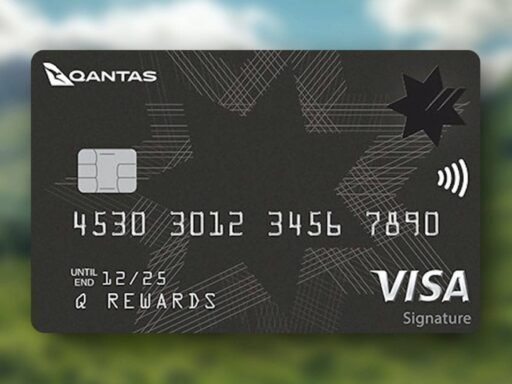As an international student studying in the United States, having a credit card can be extremely helpful for building your credit history and establishing financial independence. While there are some additional challenges international students face in obtaining credit cards, there are several options available to help you get started.
Applying for a Credit Card
The first step is to determine what type of credit card you are eligible for as an international student. Many major credit card issuers offer cards specifically designed for international students that have more lenient requirements:
- Capital One Platinum Credit Card: This card has no annual fee and a relatively low APR of 26.99% (variable).
- Discover it for Students: This card offers cash back rewards and does not require a Social Security number to apply.
If you have a Social Security number or Individual Taxpayer Identification Number (ITIN), you can apply for most standard student credit cards. However, if you do not have either of these, you may need to apply for a secured credit card or become an authorized user on someone else’s account
Can International Students Get a Credit Card?
Yes, international students can get a credit card in the United States. While there are some challenges, there are several options available to help them establish a credit history in the U.S. Here are some tips and methods to get a credit card as an international student:
Common Cards for International Students
- Student Credit Cards: These cards are designed specifically for students and offer modest rewards on popular spending categories like dining, entertainment, and streaming services. They often have lower barriers of entry, meaning you may qualify with limited or no credit history. Examples include the Capital One SavorOne Student Cash Rewards Credit Card and the Capital One Quicksilver Rewards for Student Rewards Credit Card.
- Secured Credit Cards: These cards require a deposit, which acts as the credit line. This can be an excellent credit-building tool over time as you work to establish a credit history in the U.S. Examples include secured credit cards offered by banks near your school, catering to other students.
- Prepaid Cards: These cards do not require a bank account and allow you to load funds directly onto the card. They are best suited for short-term use and do not involve building a credit history. Examples include prepaid cards offered by various financial institutions.
How to Get a Credit Card Without an SSN
- ITIN: If you do not have a Social Security Number (SSN), you can apply for an Individual Taxpayer Identification Number (ITIN). This can be used to apply for some credit cards, such as the Capital One SavorOne Student Cash Rewards Credit Card and the Capital One Quicksilver Rewards for Student Rewards Credit Card.
- Authorized User: You can become an authorized user on someone else’s credit card. This allows you to use their credit card and build your credit history without having to apply for your own card. The cardholder will need to add you as an authorized user and ensure that you understand the terms and conditions of the card.
- Secured Cards: Secured credit cards require a deposit, which acts as the credit line. This can be an excellent credit-building tool over time as you work to establish a credit history in the U.S. Examples include secured credit cards offered by banks near your school, catering to other students.
Additional Tips For Get International Students Credit Card
- Opening a U.S. Bank Account: Having a U.S. bank account can help you apply for a credit card. Some credit card issuers require a U.S. bank account to apply for a card.
- Credit Card Companies That Accept ITIN: Some credit card companies, such as Capital One, accept ITIN applications. This can be a good option if you do not have an SSN.
- Credit Card Companies That Do Not Require SSN: Some credit card companies, such as Bank of America, do not require an SSN to apply for a card. Instead, you can apply using an ITIN or your passport.
Getting a credit card as an international student can be challenging, but there are several options available. By understanding the different types of credit cards and how to apply for them, you can start building your credit history in the U.S. Remember to always use your credit responsibly and make timely payments to ensure a positive credit score




